About the Hackathon
Reality, Virtually Hackathon!
Returning to the MIT Media Lab October 6 – 9, 2017
The Reality, Virtually hackathon is returning to the MIT Media Lab with the same goals as last year: exposing attendees to new ideas, facilitating networking opportunities, and most importantly, exploring new and yet to be discovered applications while fostering interdisciplinary collaboration. Up to four-hundred attendees are targeted to attend the event. Some will be creating their first virtual reality (VR) and augmented reality (AR) apps. More experienced attendees will build new applications and a few will create ingenious new VR and AR use cases that no one has yet implemented.
The Reality, Virtually Hackathon is sponsored by the MIT Media Lab.
What this hackathon will accomplish
The hackathon is called Reality, Virtually because it will promote new applications built for vertical market segments. The competition will stretch the amazing advancements and expertise since last year’s hackathon to produce original and creative apps.
About our participants
Hackathon participants, including developers, graphics artists, designers, and video/sound engineers, will compete for cash prizes, gifts, bragging rights and the opportunity to showcase their work at the Reality, Virtually Hackathon on the sixth floor of the historical and inspiring MIT Media Lab’s sixth floor, located in the heart of Cambridge’s tech scene in Kendall Square.
Teams from MIT, other universities, and the nationwide VR and AR community will be invited to collaborate in an intense development competition. Teams will have the opportunity to present their innovative and insightful VR and AR apps to the judges and general public at the end of the competition. Participants will have the chance to meet like-minded developers, industry experts, and their talented peers experienced in emerging VR and AR industries.
Participants from MIT, other universities, and the VR and AR communities around the country are forming teams dedicated to developing innovative software solutions that will unlock the technology’s potential in categories such as VR/AR for good, Film and Journalism, Health/Medicine, Learning and Education, Industry, Art, Productivity, Advertising and Monetization, Social Networking, and other vertical applications that participants feel passionate about.
We have set a goal of including at least 50% students among the participants and a goal of 40% diversity. Participants will be accepted via a formal application process.
Possible hackathon prize categories may include:
- Augmented Reality and Virtual Reality for Good
- Architecture, Engineering and Construction
- Healthcare and Medicine
- Gaming
- Entertainment
- Advertising
- Internet of Things
- Machine Learning/Artificial Intelligence
- Education
...or any other AR or VR vertical that you are passionate about
Sponsors are being given first looks at new apps for their platforms and see how developers and designers are creating app solutions that fit emergent VR and AR use cases.
Workshops are being held the day before the Hackathon, to bring participants up to speed with development platforms, specifics about headset platforms, software tools, and design principles.
Mentors, skilled in design, platform development, and vertical VR and AR applications, will be providing guidance to the teams and helping participants breakthrough conceptual and development roadblocks.
We’ve made one major change to last year’s hackathon format. This year, all judging will take place on Monday, October 9, 2017, from 9:00 AM to 2:00 PM. An AR/VR research symposium will be held at the same time as the judging. Using a variety of learning formats, ranging from the pedagogical to the unconference format, we’re hoping this symposium will bring together academics and industry professionals who are excited to discuss the future of this industry.
About Reality, Virtually 2016
The 2016 edition of the Reality, Virtually Hackathon was a success according to our sponsors, attendees, workshop leaders, judges and mentors.
Here’s what some of our sponsors had to say about the hackathon:
“There are a lot of students from MIT, Harvard and other universities. It is a very clever audience.” Giorgio Sardo, Senior Director in the Developer Experience & Evangelism group at Microsoft.
“Very interesting to walk around, great diversity, the most diverse hackathon I have ever been too.” Benjamin Nelson, Sr. Product Marketing Manager at AT&T
“Many of the things that you saw created here you might see on a virtual store shelf next year or even sooner.” Richard Marks Head of PlayStation Magic Lab
“Things that I have seen at the hackathon that I thought would be impossible a year ago.” Dennis Adamo, COO, Spaceout VR
By the numbers:
- 350 participants, 35% diversity goal met
- 75 project submissions
- 40 mentors, better than a 10:1 participant to mentor ratio
- 26 judges
- 20 workshop leads
- 4 days
See the recap video on the Reality, Virtually website.
The top AR prize went to Waypoint Rx for an augmented reality system for guiding untrained pharmacy assistants in filling prescriptions, ensuring patients receive the correct medication and dosages.
The top VR prize went to KidCIty VR for TreeHouse, an educational platform that allows parents and kids to play and explore together in virtual reality. Children start out in a magical tree house space known as their homebase. From here, the player has access all platform activities. Inside, the child meets Mr. Pouf, an adorable robot companion that acts as a guide throughout all of the experiences.
See all the prize winners on the Reality Virtually website and list of 2016 sponsors
The Reality, Virtually, Hackathon is organized by a team of AR/VR experts, developers, industry executives, MIT undergraduate and graduate students and alumni and students from the Harvard Business School
The Reality Virtually Hackathon is a production of Grassroots Developer Education, Inc. a Massachusetts Chapter 180 non-profit 501(c) 3 applied.
